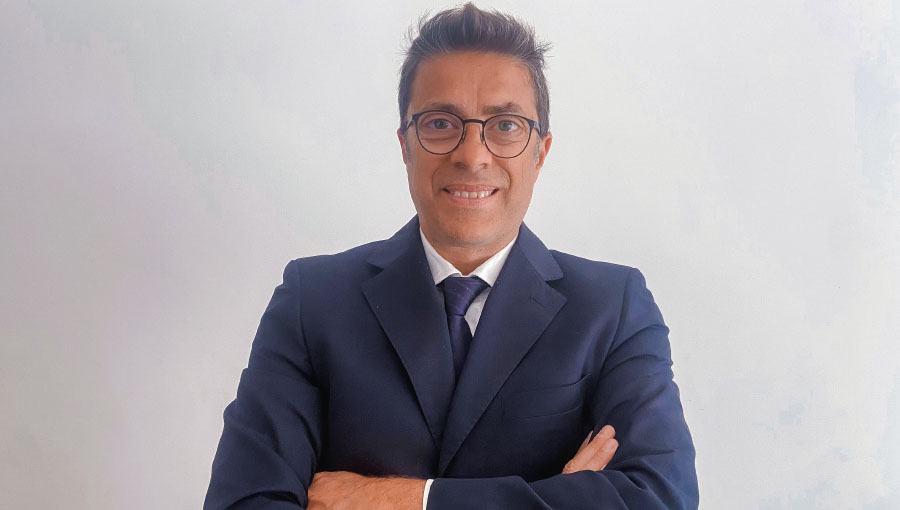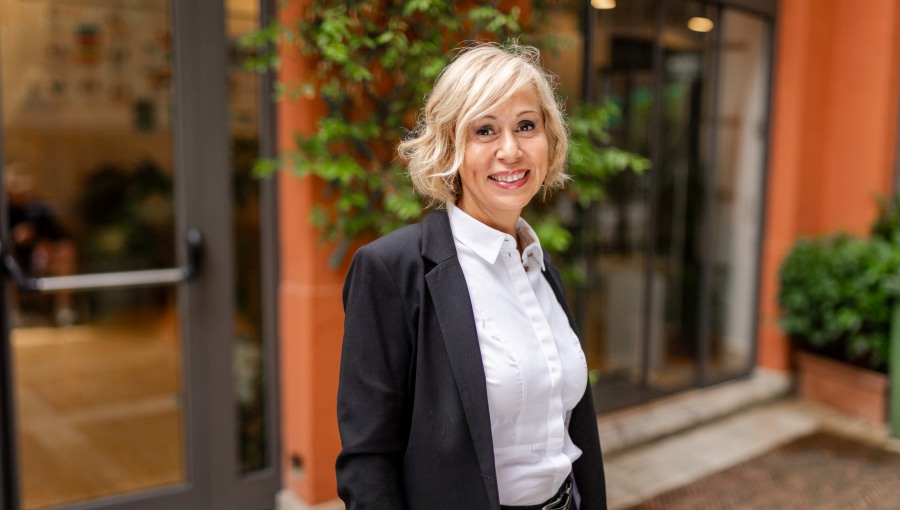Ancient Modernity: Archaeology Professor Jens Koehler
Originally from Bremen, Germany, Professor Jens Koehler holds a Ph.D. in Archaeology from the University of Munich. Since the early 1990s, he has lived in Rome, where he worked for several years as senior researcher for the German Archaeological Institute. Professor Koehler has been teaching in JCU’s Art History Department since 2003.

Jens Koehler
How did you become interested in archaeology?
As a kid, while my friends read fiction and crime stories, I preferred archaeology. At first I read popular books about the Egyptian pharaoh Tutankhamun, and soon after more professional publications about Mesopotamia. I am still fascinated by the early high civilizations of the Near East. I discovered the Classical Antiquity of the Mediterranean while I was in university.
You were featured in the “IWBIT – If we built it today: Aqueducts” documentary by Arcadia Entertainment, as an expert in ancient Roman aqueducts. You will also be featured in the upcoming documentary called “Impossible Engineering: South North Water Diversion” by TwoFour. Tell us more about your contribution to these projects.
The producers needed a guide to explore the remains of the Roman aqueducts and an explanation of their construction and hydraulic engineering. The requests came when I was busy with the preparations for the congress ‘De Aquaeductu Urbis Romae’ in November 2018, a perfect synergy for me. After a general overview, both documentaries touch on very focused questions about the comparison to modern hydraulic enterprises in the US and in China. In my contribution, I explained how ancient Romans managed to build infrastructures without modern technology. ‘IWBIT’ aired in 2020 on Science Channel in the United States, then on La7 in Italy and ntv in Germany. Discovery Channel’s ‘Impossible Engineering’ followed soon after.
We seem to be more and more absorbed by technology, the digital realm and the future today. How does Art History – and archaeology specifically, manage to maintain its fascination?
Technology, and communication technology, are just another tool in the history of humans. For example, in archaeology we frequently use geophysical methods and virtual reconstructions. Art History and Archaeology continue to respond to fundamental questions, such as “why and how did it happen?”. Facing an uncertain future, we see an increasing interest in our origins and the evolution of mankind.
What is your teaching philosophy?
I offer knowledge and students are invited to absorb it. I try to show them that archaeology is much more than a romantic adventure, and that the most surprising discoveries can emerge from hard scientific work. I never insist on names and numbers; however, you cannot do without them. Every on-site visit is an archaeological survey: I see and learn together with the students. We leave school behind and open the door to research.
What are your upcoming projects?
I have many projects, but several got interrupted by the pandemic. I limit myself to those that have a good chance to be concluded within the next years, such as more research on ancient spas, like the Terme Taurine in Civitavecchia, for a virtual conference in Bern, Switzerland, that will be held in January 2022. Then I will present a paper on scarcely documented roofs of thermae (Roman baths) at a big meeting of the Frontinus Society in Budapest in September 2022. I also plan to further explore the Aqua Alexandrina, Rome’s last ancient aqueduct.
Anything you’d like to add.
I love Italy, where I have been residing for half my life. After decades in Rome, my family and I moved to the province of Viterbo. Beyond my professional interest in the country and its history, I like the people, the food, the cars… And not to mention, I am privileged to get the best healthcare you can imagine, both my wife and my daughter are medical doctors.





